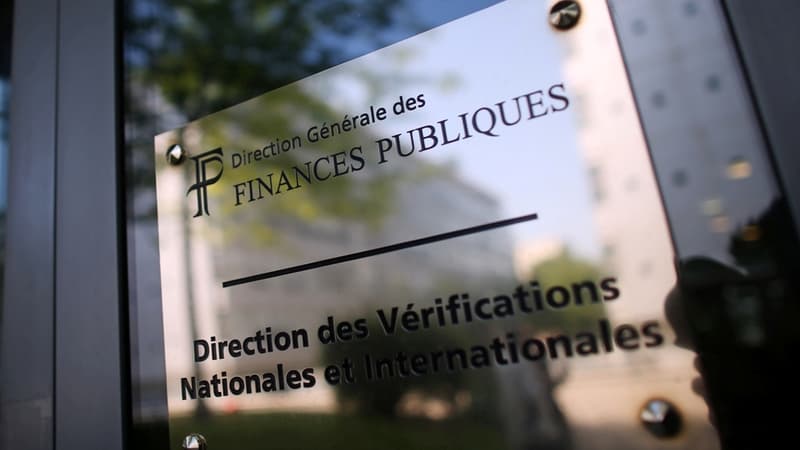“Tweaks” instead of a “tax revolution”: In a report released Wednesday, two senators suggest tweaking government policy to fight tax evasion, described as “robust” for the most part.
Since 2018 and the approval of a law relating to the fight against tax evasion, tax audit receipts “have experienced an upward trend”, welcome Claude Raynal (socialist, environmentalist and republican group) and Jean-François Husson (Les Republicans). The State recovered 10.6 billion euros in 2021, compared to 7.7 billion three years earlier. But this increase of 38% in three years is not enough to demonstrate the effectiveness of the national policy to combat tax evasion, clarify Claude Raynal and Jean-François Husson, respectively president and general rapporteur of the Finance Committee.
Strengthen the fight against VAT fraud
Unlike other countries such as the United Kingdom, the United States or Australia, France does not publish any quantified estimate of the amount of tax evasion. Therefore, it is impossible to compare the amounts recovered by the administration with those that still escape it. The two senators advocate in particular to strengthen the fight against VAT fraud, at national and European level.
The amounts of VAT recovered by the State in recent years are around 1,000 million euros, a result “relatively modest in view of the estimates of VAT fraud that, according to INSEE, would be between 25 and 30,000 million euros a year ‘.
Doubling the number of the “fiscal police”
Among the “adjustments” they propose, the report’s authors invite the National Institute of Statistics and the administration to produce estimates of the extent of tax evasion for the next finance bill, normally scheduled for September 2023. The senators also advocate to double within five years the number of fiscal judicial agents, a “fiscal police” currently made up of about forty agents.
In a context of “justice saturation”, Claude Raynal and Jean-François Husson finally ask for “support for the deployment of public interest judicial agreements” (CJIP), which in recent years have resulted in the payment of large fines for part of Google or McDonald’s. This procedure, which allows a dispute to be resolved through a transaction, has meant 2,300 million in fines and tax penalties for the State since 2019.
Source: BFM TV


